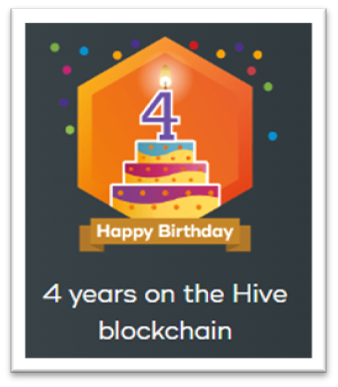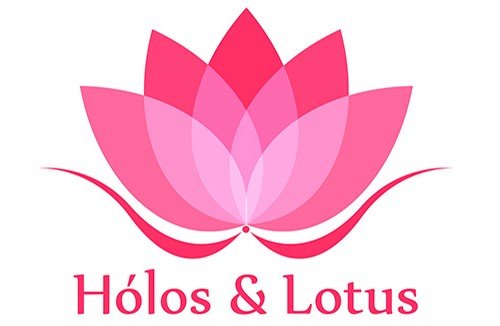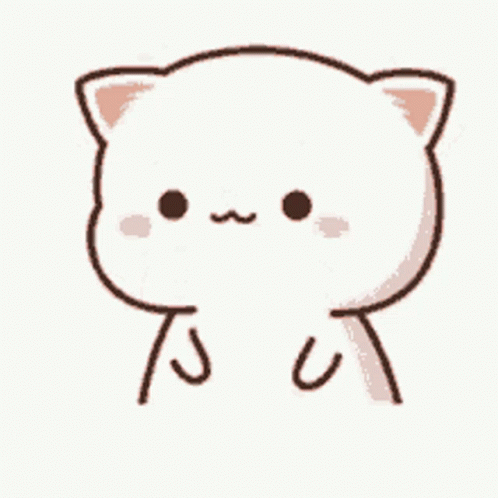(English version in the box)Hace unos días escribí un post para relatar mis aprendizajes del libro "La Biblioteca de los nuevos Tiempos", fue tan extenso el contenido que decidí dividirlo en un par de post, en el primero les hablé de esas situaciones que pueden ponernos al filo de la mentira y lo importante que es cuestionarnos sobre ello, si deseas leerlo, puedes acceder desde este link:
Cuando rozamos el filo de la mentira » La historia de Tomoka
Hoy voy a compartirles un par de aprendizajes que me gustaron de la historia de Tomoka:
- Cuidar de sí mismo.
Tomoka no prestaba atención a su alimentación, comía comida rápida constantemente, fideos de microondas o cualquier otra comida de fácil preparación. En su viaje de transformación, se dio cuenta de ese hallazgo y se preguntó:
¿Por qué me he dejado tanto a mí misma?
Y luego de hacerse ese cuestionamiento concluyó: "No cuidar lo que uno se lleva a la boca ni lo que lo rodea es maltratarse".
Se dio cuenta de que no estaba viviendo como una persona, que no tenía un propósito, ni interés particular, y que cualquier cambio que pretendiera iniciar, tenía que comenzar por ella misma, cuidando de sí, rodeándose de gente que le sumara valor, cuidando su entorno, haciendo presencia desde su humanidad y no desde lo automatizado o artificial.
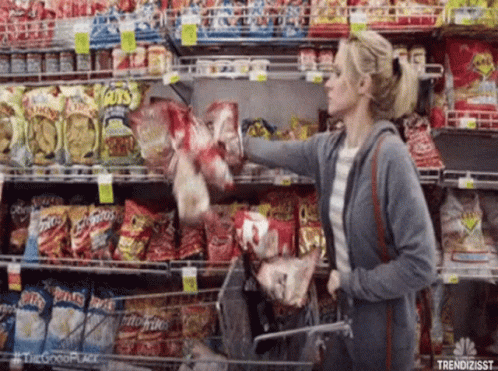
Me gustó este enfoque de su aprendizaje porque muchas veces cuando necesitamos hacer un cambio en nuestra vida ponemos el enfoque en lo externo, lo que está fuera de nosotros, entonces podemos llegar a creer que lo que está mal es el apartamento en el que vives, el trabajo, los vecinos, la ciudad, el país… y no digo que no pueda ser así en efecto, solo que pensamos que con solo cambiar lo externo nuestra vida va a mejorar o nosotros vamos a crecer, y realmente lo que hacemos es cambiar de entorno pero seguimos siendo los mismos.
Por otra parte, a veces creemos que tenemos que hacer grandes o estructurados cambios, cuando desde los gestos más simples y cotidianos podemos gestar maravillosas revoluciones. Si no logramos influenciarnos a nosotros mismos y nuestro entorno cercano, nada de lo que proyectemos fuera rendirá sus frutos en el futuro.
Entonces creo que la invitación es simple: “Cuidar de sí mismo” desde un espacio afectivo, y esto pasa por aprender a escuchar nuestro cuerpo y sus necesidades, por tomarnos el tiempo para descansar, disfrutar, accionar… también por poner en orden nuestros espacios, culminar las tareas, limpiar, sacar lo que no sirve, aprender a soltar los apegos… cómo expresan en el libro “encontrar lo que es verdaderamente importante para ti”.
Para mi fue un estupendo recordatorio y puse de inmediato manos a la acción, retomé algunos hábitos que había dejado y que realmente extrañaba, me di cuenta lo importante que eran para mí y empecé a hacerles espacio de nuevo en mi vida. También me resonó el tema de la alimentación, tal vez no estoy en ese extremo de Tomoka de comer pura comida instantánea, pero definitivamente tengo que terminar de cambiar ciertos hábitos alimenticios como el consumo de azúcar, que ya también puse en marcha.
! [Scroll down to read the English version]
Giving value to what is truly important ... Tomoka's story II A few days ago I wrote a post to relate my learnings from the book “The Library of the New Times”, the content was so extensive that I decided to divide it into a couple of posts, in the first one I talked about those situations that can put us on the edge of the lie and how important it is to question ourselves about it, if you want to read it, you can access from this link:
When we brush the edge of the lie “ Tomoka's Story
Today I am going to share with you a couple of lessons that I liked from Tomoka's story:
- Taking care of yourself.
Tomoka didn't pay attention to her nutrition, she ate fast food constantly, microwave noodles or any other easily prepared food. On her transformation journey, she realized that finding and asked herself:Why have I left so much to myself?
And after asking herself that question she concluded, “Not taking care of what you put in your mouth or what surrounds you is mistreating yourself.”
She realized that she was not living as a person, that she had no purpose, no particular interest, and that any change she wanted to initiate had to start with herself, taking care of herself, surrounding herself with people who would add value to her, taking care of her environment, making presence from her humanity and not from the automated or artificial.I liked this approach to her learning because many times when we need to make a change in our life we put the focus on the external, what is outside of us, then we can come to believe that what is wrong is the apartment where you live, the job, the neighbors, the city, the country ... and I'm not saying that it can not be so indeed, just that we think that just by changing the external our life will improve or we will grow, and really what we do is to change the environment but we remain the same.
On the other hand, sometimes we believe that we have to make big or structured changes, when from the simplest and daily gestures we can gestate wonderful revolutions. If we fail to influence ourselves and our immediate environment, nothing we project outside will bear fruit in the future.
So I think the invitation is simple: “Taking care of oneself” from an affective space, and this involves learning to listen to our body and its needs, taking the time to rest, enjoy, act... also to put in order our spaces, finish the tasks, clean, remove what is not useful, learn to let go of attachments... as they say in the book “find what is really important to you”.
For me it was a great reminder and I immediately took action, I took up again some habits that I had left and that I really missed, I realized how important they were for me and I started to make room for them again in my life. The food issue also resonated with me, maybe I'm not at Tomoka's extreme of eating pure instant food, but I definitely have to finish changing certain eating habits such as sugar consumption, which I also put into action.
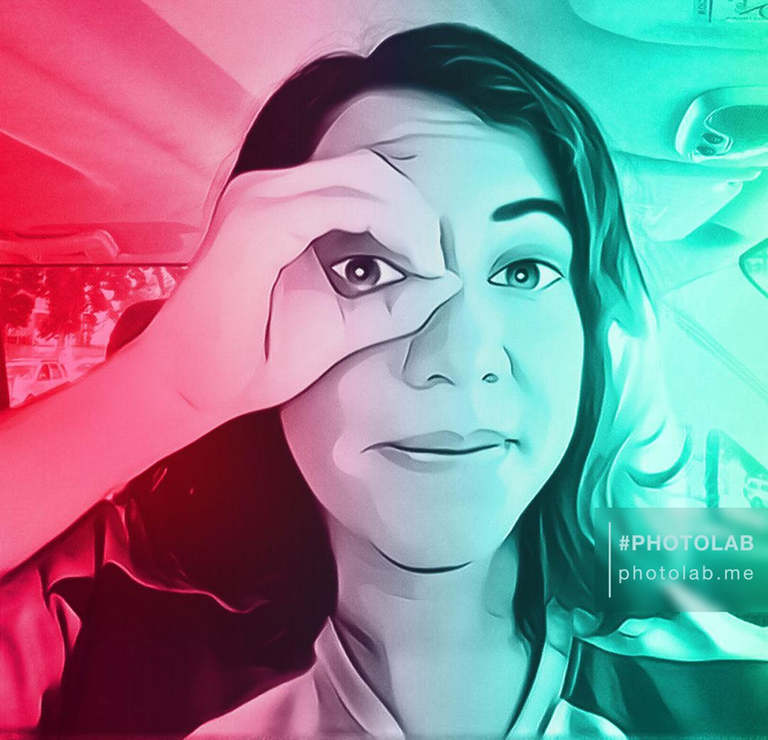
¿Qué más agregarías a este punto?
¿Das valor a lo verdaderamente importante?
¿Sabes lo que es importante para ti?*
Espero te hayan gustado mis reflexiones y te animes a seguirles sacando punta, pronto publicaré la tercera y última parte de esta historia de Tomoka que me trajó tantas noticias de mi misma...
! [Scroll down to read the English version]
What else would you add to this point?
Do you value what's really important?
Do you know what's important to you?
I hope you have liked my reflections and I encourage you to continue to take them out, soon I will publish the third and last part of this story of Tomoka that brought me so much news about myself.
Gracias por ser y estar. ¡Hasta pronto! / Thank you for being. See you soon!
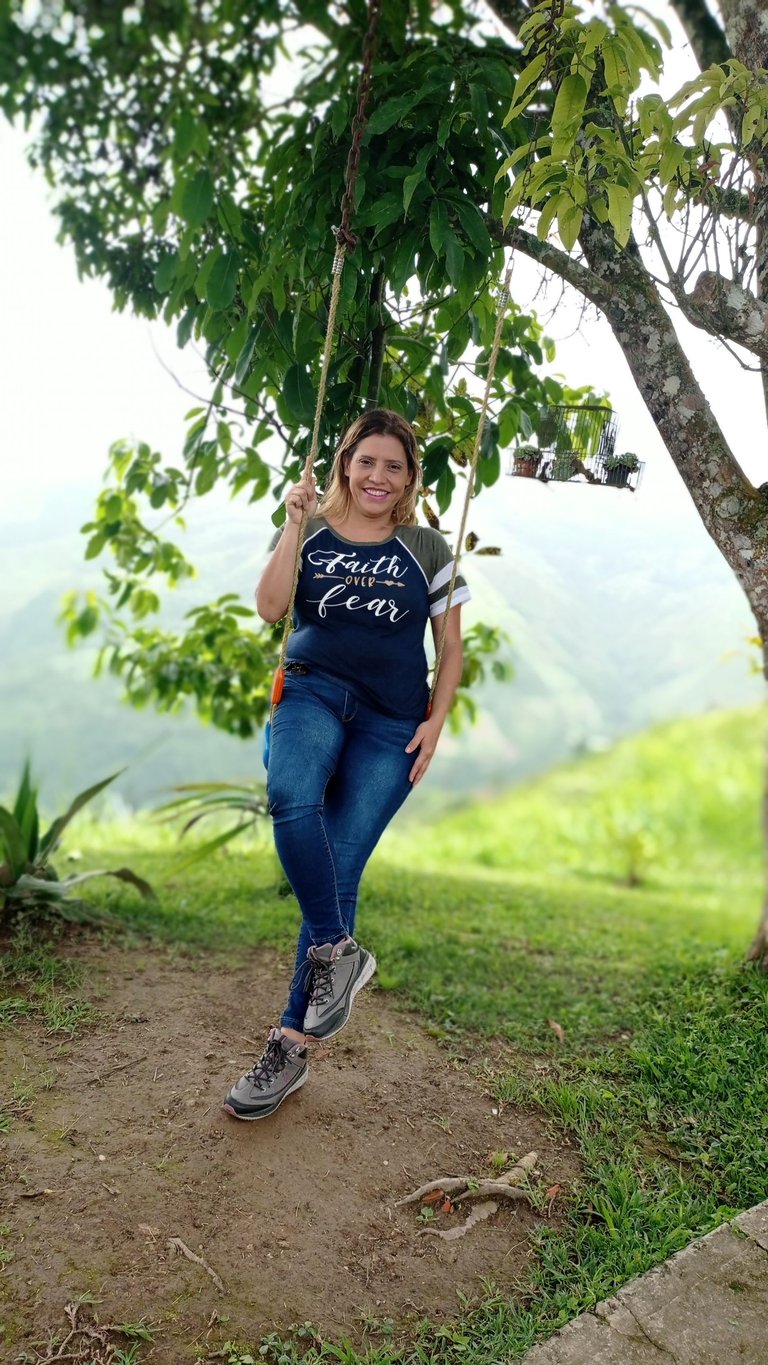


🔆 Banners realizados en Canva con los recursos disponibles en su versión gratuita / Banners made in Canva with the resources available in its free version.
🔆 100% contenido original / 100% original content.
🔆 Traducción realizada con DeepL / Translated made with DeepL.
🔆 Avatar tomados de la aplicación Bitmoji / Avatar taken from the Bitmoji app.
🔆 Fotos tomadas con mi dispositivo móvil / Photos taken with my mobile device.
🔆 Gift tomado de la galería de Peakd/ Gift taken from Peakd's gallery

